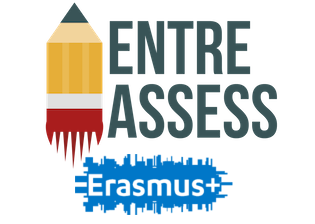 Definition: A learning progression is a carefully sequenced set of building blocks that students must master en route to a more distant curricular aim. They map out commonly travelled paths that students take.
Definition: A learning progression is a carefully sequenced set of building blocks that students must master en route to a more distant curricular aim. They map out commonly travelled paths that students take.
Description: Learning progressions outline expected behaviours related to the skill in question, from a novice level to an expert level. Learning progressions will necessarily begin as hypotheses to be tested in real settings. They are refined through rigorous data collection and analysis in order to gain a better understanding of more complex skills and how students demonstrate them at various levels.
Benefits: Progressions can help teachers better understand how students develop and demonstrate knowledge and skills, opening what might otherwise feel like a black box as they teach and reteach. Teachers can use learning progressions as road maps to guide their instruction and assessment practices.
Challenges: Creating high-quality progressions is far from child’s play. There is no single, universally accepted and absolutely correct learning progression. Gain size matters. Some learning progressions turn out to be very complex and off-putting to potential users.
Relevance for entrepreneurial teaching: Not enough is known about the typical path students follow to learn some of the non-cognitive skills commonly ascribed to the EE competence. However, learning progressions could support a more coherent development of entrepreneurial skills by signposting a sequence of expected and observable behaviours that denote a broader, deeper, and more sophisticated understanding and application of the skill at hand. They may help teachers to establish where students are in their learning, to monitor progress over time and to evaluate the effect of interventions on learning progress.
Applied assessment methods: Formative Assessment, Constructive Alignment
Examples from practice: The project AT21CS led by the University of Melbourne has developed a learning progression for “collaborative problem solving”. Likewise, EntreComp, the Entrepreneurial Competence European Framework, suggests a progression for a broad range of skills.


